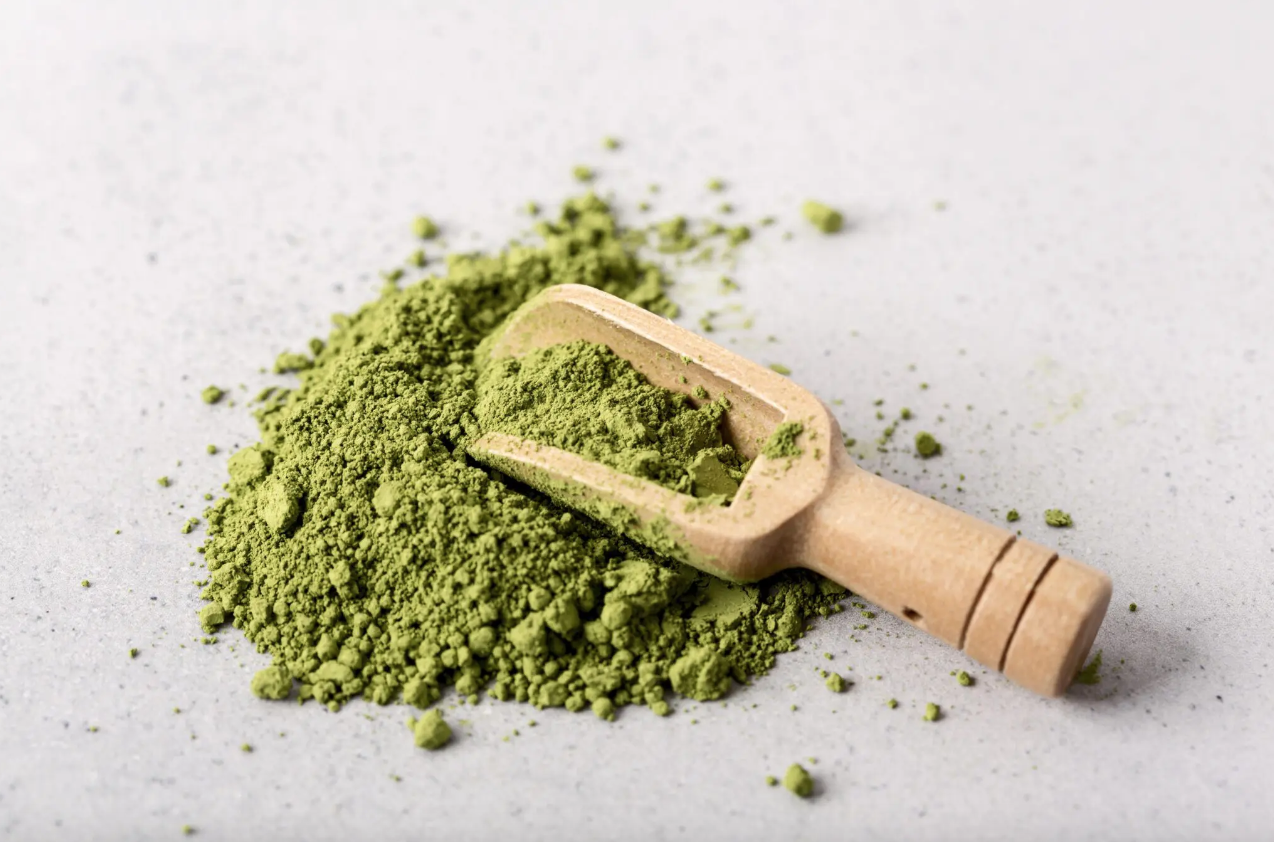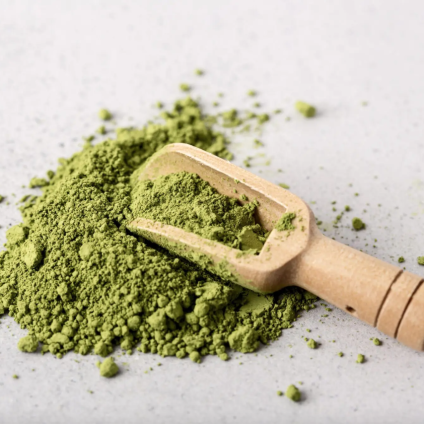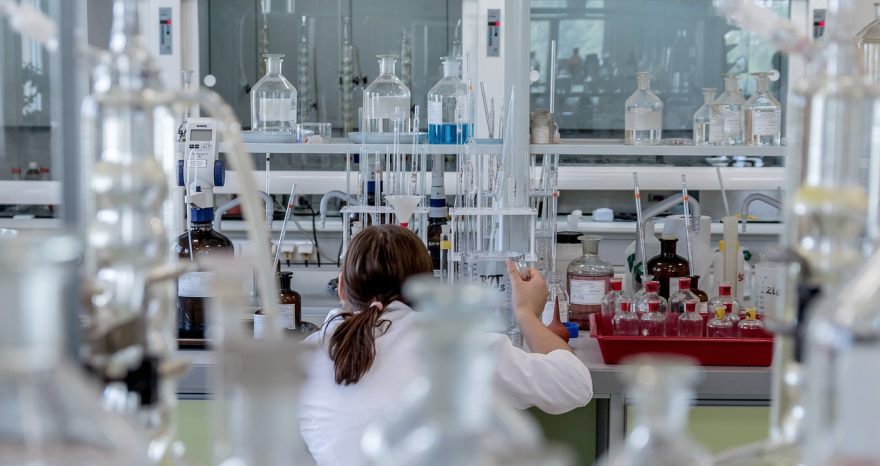Algae could open up new ways of feeding. UK study shows that there are no significant differences between animal protein and algae in the production of muscle mass
Proteins that grow in water
Algae do not cease to surprise us and prove to have many interesting resources.
A study by the University of Exeter (UK) conducted research into the properties of algae and found that two of the most commonly found species on the market are a valuable source of environmentally friendly proteins.
Animal protein and muscle mass production
Foods rich in proteins and essential amino acids, and in particular proteins of animal origin, stimulate the production of muscle mass. However, the production of proteins of animal origin is accompanied by growing concerns for the health of the Planet.
Researchers at the University of Exeter have found that algae can be a sustainable source of protein alternatives to those animals and above all can stimulate the vigor and development of muscles.
Algae, therefore, could become a staple food of a nutritious and sustainable diet. The number of people who consume less meat for ethical or environmental reasons continues to grow and with them the demand for environmentally friendly protein sources: is why it is important to continue research in the field of nutrition.
The two types of algae that represent a valid protein alternative are spirulina and chlorella, rich in micronutrients and proteins and easily available on the market.
The researchers wanted to analyze the difference in impact between algae and a high-quality animal-derived food protein source (mycoproteins) on the concentrations of amino acids in the blood.
Algae or animal protein?
The double-blind randomized study (that is, neither volunteers nor researchers know which drug will be administered) was conducted on a sample of 36 healthy young adults.
After a one-legged endurance exercise, they ingested the two different substances. Blood and skeletal muscle samples were collected at the beginning and four hours after feeding and exercise to evaluate the process of muscle mass production at rest and post-exercise.
read also Energy from algae, comes to the aid of artificial intelligence and is record
Protein ingestion has increased the concentrations of amino acids in the blood, but faster and with higher peak responses after spirulina consumption than mycoproteins and chlorella.
In addition, it has increased muscle mass production in both rested and exercised tissue without differences between groups, but with higher rates in exercised muscle than rested one.
This study – the first of its kind – opens up new avenues not only for environmental-related food research but also for new applications related to the health of other population groups, such as the elderly.













